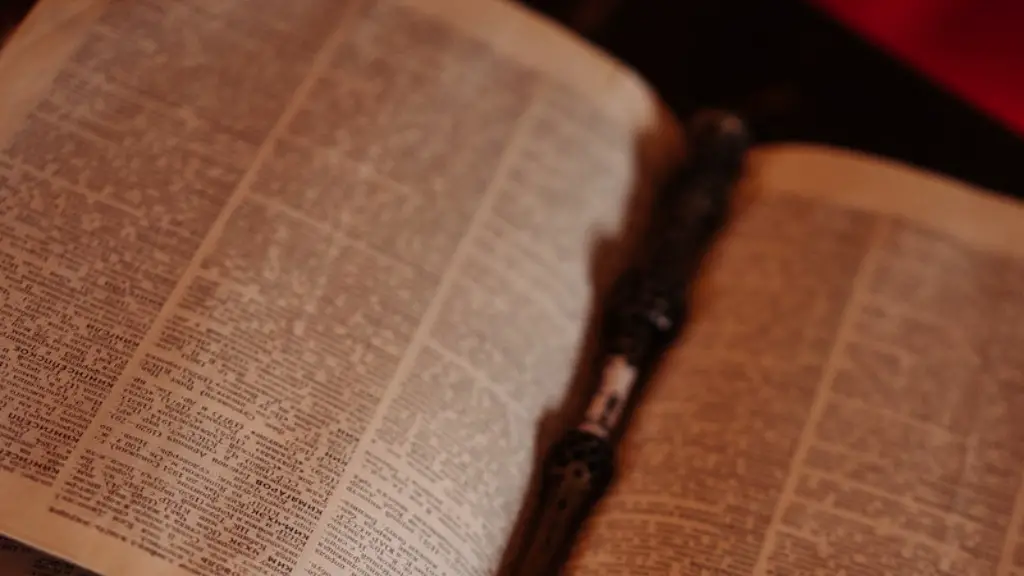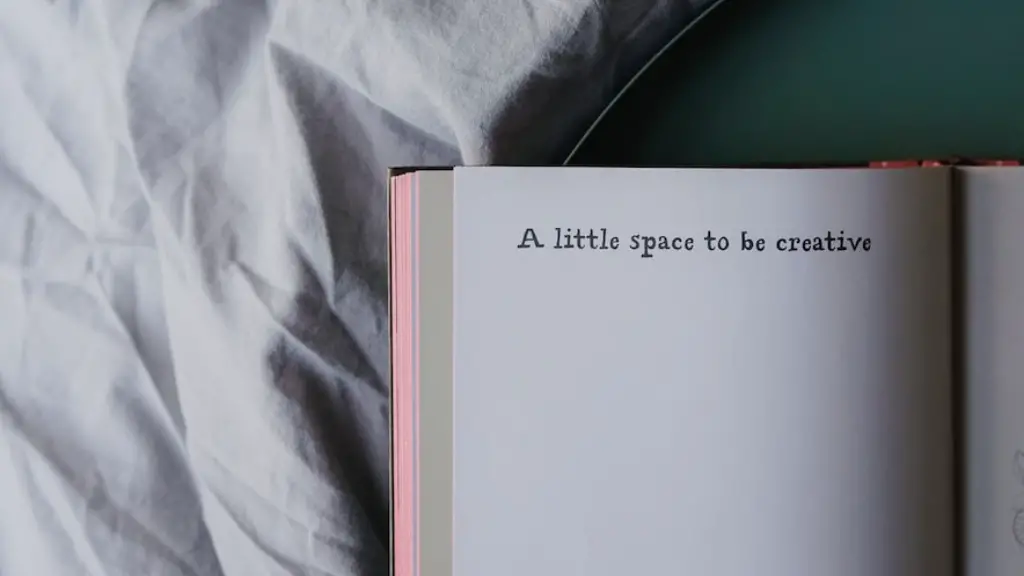Out Out by Robert Frost is a famous and well-loved poem that speaks of life and death in a very simple yet moving format. The poem is written from the point of view of an outsider looking in and narrating the story of a young boy whose life is tragically cut short through an unexpected accident. The speaker of this poem can therefore be seen to be a narrator, telling the story of the boy’s life and death from a distance rather than from a personal point of view.
The poem itself is written in a stark and almost clinical language, with no emotion whatsoever being conveyed. The narrator describes the situation in a matter-of-fact, almost clinical manner, simply recounting the facts of what happened to the young boy with no sense of opinion the narrator has on the situation. This lack of emotion allows readers to come to their own conclusions about the tragedy, rather than being forced to a certain point of view, which is perhaps another strength of Frost’s writing.
The speaker’s detachment from the story does not serve to lessen the tragedy in any way; instead, it allows the reader to see the entire situation in a clear, concise and objective way. This allows the reader to focus on the events and to draw their own conclusions regarding the tragedy; the speaker is not trying to lead the reader to any particular conclusion, but rather simply giving recognition to the situation itself.
One of the most interesting aspects of the poem is the way in which time is handled by the speaker; despite the fact that the poem is extremely short, the narrator is able to convey the events of the day in a smooth and natural manner which allows the reader to follow the narrative without difficulty. This is indicative of a masterful use of language by Frost – the narrator is able to use a few simple words and sentences to paint an entire story, using a few well-placed pauses in an effective and meaningful way.
In conclusion, it is clear to see why Out Out by Robert Frost is such a classic and well-loved poem. By using a distant and almost clinical language, Frost is able to paint an entire story and communicate raw emotion in a very subtle and effective way. The speaker in the poem is the narrator, a distant observer who conveys the events and facts of the day with no opinion or bias, allowing the reader to come to their own conclusions.
Role of the Narrator
In Out Out by Robert Frost, the narrator is a distant observer of the events that unfold before him. The speaker does not get involved in the story himself or draw any conclusions or opinions; instead, he simply recounts the facts of what happened in an objective manner. By taking on this role of a distant observer, the narrator allows the reader to draw their own conclusions and make their own interpretations of the story. This allows the reader to engage in the narrative on a more personal level, and really immerse themselves in the story.
The narrator’s role can also be seen in the way he speaks about the events; he does not pass judgement, nor does he make any assumptions. He simply recounts what happened, without any attempt to lead the reader to a certain conclusion. This impartiality allows the reader to reach their own conclusions and make their own interpretations of the poem, which is an effective technique that makes the poem an even more powerful and engaging piece of literature.
The narrator’s detachment from the story serves to highlight the tragedy of the situation; his lack of emotion conveys the gravity of the events and allows the reader to fully appreciate the tragedy of the entire situation. This is a very effective technique as it allows the reader to appreciate the poem on a deeper level, rather than simply viewing it as a story to be passively read.
Overall, the role of the narrator in Out Out by Robert Frost is one of a detached observer, who is recounting the events of the day in an impartial manner. This allows the reader to make their own interpretations of the story, and fully appreciate the tragedy of the situation. This is a very effective technique, and one which is no doubt one of the reasons why the poem is so well loved today.
Impact of Language
Out Out by Robert Frost uses a stark and clinical language to convey the events of the day, and this serves to make the poem even more powerful and poignant. By using a matter-of-fact approach to describe the situation, the reader is made to focus on the events and tragedy itself, without the inclusion of any emotion or opinion from the narrator. This lack of emotion serves to communicate the tragedy of the situation even more effectively, as it allows the reader to come to their own conclusions rather than being forced to a certain point of view.
The language of the poem is also effective in the way it handles time; despite being a very short poem, Frost manages to convey the events of the day in a very smooth and natural manner which allows the reader to follow the narrative with ease. This indicates a masterful use of language by Frost, and shows his skill in conveying emotion and meaning effectively through language.
The language of this poem is also effective in its simplicity; by using a few simple and concise words, Frost is able to paint a vivid and moving picture of what happened to the young boy. This simplicity of language allows the reader to really focus on the tragedy of the poem and take a moment to appreciate the events of the day. This is another strength of the poem, and one which further contributes to its lasting legacy.
Overall, the language used in Out Out by Robert Frost is extremely effective and powerful. By using a stark and almost clinical language, Frost is able to communicate raw emotion in a very subtle way, and allow readers to come to their own conclusions about the tragedy. This powerful use of language is no doubt one of the reasons why the poem has remained so popular for so many years.
Effect of Visuals
Out Out by Robert Frost is a poem that is mostly conveyed through language; however, the visuals used to accompany the poem are also extremely effective and contribute to its power. The visuals used to illustrate the poem serve to bring the story to life and further heighten the tragedy and emotion of the poem.
The visuals used in the poem are all quite simple; the illustrations are usually of a young boy, the tools of his trade, and the surrounding natural environment. These visuals help to give the poem a real sense of place, which has the effect of making the story more vivid and realistic.
The visuals also do a great job of conveying the tragedy of the poem; the illustrations often show the young boy in a helpless and pitiful manner, which further highlights the tragedy of the situation. This is a very effective technique, as it allows the reader to empathize with the protagonist even more, making the tragedy even more poignant.
Overall, it is clear to see why the visuals used in Out Out by Robert Frost are so effective. The visuals help to bring the story to life and further highlight the tragedy of the situation. This is a very effective technique, and one which contributes to the power of the poem and its lasting legacy.
Moral of the Story
Out Out by Robert Frost is a story that speaks of tragedy and death, but also of the importance of living life to the fullest. The poem is an allegory for life, and serves to illustrate that life can be taken away in an instant, so it is important to make the most of the time that we have.
The narrator in the poem serves to emphasize this point; the narrator is a detached observer, and his lack of emotion conveys the gravity of the situation. This serves to make the tragedy even more real and powerful, and draws attention to the fact that life is finite and fragile.
The visuals in the poem also serve to illustrate this point; the illustrations of the young boy often show a helpless and pitiful figure, which further draws attention to the tragedy of the situation. This helps to emphasize the fragility of life, and makes the poem even more powerful.
Overall, Out Out by Robert Frost is a poem that speaks of tragedy and death, but also of the importance of living life to the fullest and appreciating the time we have. The poem serves to illustrate the fragility of life and the importance of making the most of it, and this is a powerful and poignant message which leaves a lasting impression on the reader.





